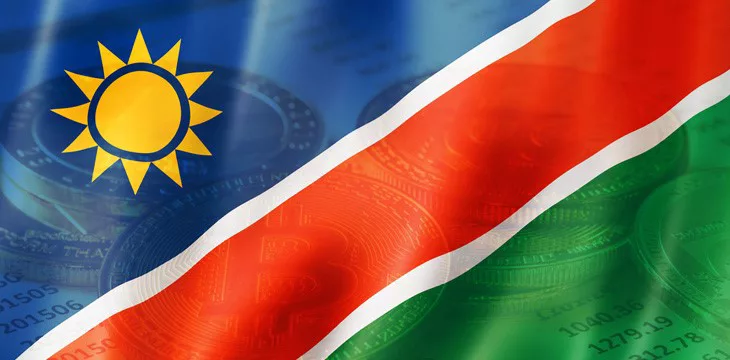|
Getting your Trinity Audio player ready...
|
Namibia has passed a new law to regulate virtual asset service providers (VASPs) in the country after a lengthy legislative process.
The “Namibia Virtual Assets Act 2023” seeks to create a legal framework for service providers’ operations in the digital asset industry. The historic law departs from the country’s 2017 decision to impose a blanket ban on virtual currency exchanges for operating under its Exchange Control Act of 1966.
In a change of stance, Namibia’s new law confers legal validity on digital currencies and creates a rule book for industry players to adhere to. According to the bill, the country’s finance minister will have the power to designate an entity to serve as a regulatory authority for the industry.
The regulatory authority will issue licenses, supervise, and monitor service providers in accordance with the law. Additionally, it will set fees for virtual asset service providers and promote investor education in the country.
The law makes specific provisions on the custody of digital assets, focusing on protecting investor funds from hacks and other black swan events. The provisions mandate custody service providers to separate customer funds and make necessary disclosures to the regulatory authority.
Other sections provide rules to prevent market manipulation, money laundering, and terrorist financing using digital currencies. The law goes further to make regulations for promoting initial token offerings, purchasers’ rights to recession and withdrawals, and a detailed classification of digital assets.
Individuals breaching the provisions will face criminal and civil liability, with the law stipulating penalties of up to 10 years in prison.
While officially signed into law by President Hage Geingob on July 14 and added to the country’s official Gazette, the law is yet to take into effect. Several sources say the Finance Ministry will determine the operative date for the law, with service providers bracing themselves for it.
African countries roll out rules for service providers
African countries have recorded impressive adoption rates for digital currencies as citizens turn to the asset class to protect themselves from rising inflation.
Driven by the need to prevent capital outflows, several African nations have imposed a blanket ban on digital currencies, including Cameroon, Zimbabwe, Lesotho, Sierra Leone, and Tanzania. Others have played it safe by banning only financial institutions from facilitating digital currency transactions while allowing peer-to-peer (P2P) transactions to thrive.
In the last 24 months, Kenya, Seychelles, and Botswana have all rolled out virtual currency legislation to regulate the operations of their local ecosystems.
Watch: Akon on how digital currencies will transform Africa

 03-02-2026
03-02-2026 




